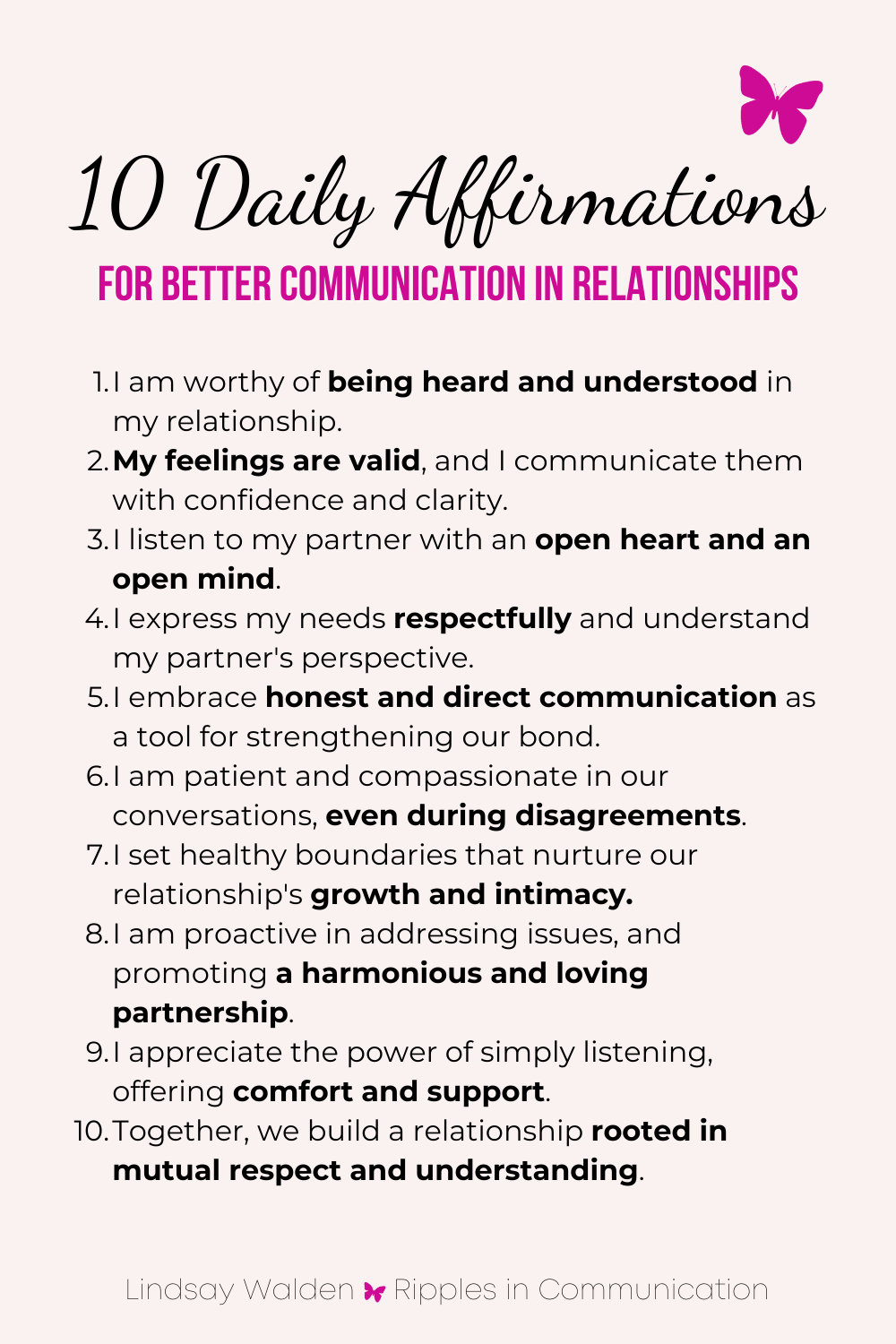How to Communicate Your Need to Vent Without Seeking Solutions
It's normal for us to encounter moments where the need to share our thoughts and feelings becomes paramount. We don't need anyone to fix anything, or give us feedback, or tell us what to do....we just need someone to hear the words coming out of our mouths. It's in these moments of vulnerability that the dynamics of communication within a relationship are truly tested. As a licensed couples and sex therapist, I've frequently encountered clients who struggle with communicating their need to simply vent, without seeking solutions from their partner. This is a delicate balance to maintain, and in this article, we'll explore how to navigate these waters effectively, ensuring both partners feel heard and respected.
Understanding the Urge to Solve the Other’s Problems
Firstly, it's essential to recognize why our partners often jump to offer solutions. When we see our loved ones in distress, our instinct is to alleviate their pain. This response is rooted in empathy and care, but it can sometimes overlook the actual needs of the person venting. It can also be a sign the person is uncomfortable with big feelings, or hearing others have a hard time and so they try to fix things to relieve themselves of the uncomfortable situation. Remember, it's not about the intention behind the action; it's about the impact it has.
Discover the art of communicating your need to vent in your relationship. Learn simple yet effective strategies for opening up without seeking solutions
The Art of Direct Communication When Venting
To address this, clear and direct communication becomes your most powerful tool. When you feel the need to vent, preface the conversation with clarity about your expectations. A simple statement like, “I just need to vent about something and I’m not looking for solutions right now, just a listening ear. Is this a good time?” This approach is neither harsh nor confrontational; it’s simply clear and direct. It's also very important for the person asking for the space to vent to be aware of the space the other might be in, be it their own emotional and mental space or their physical space. Asking if now is a good time honors both of you.
It's this form of communication that sets a boundary, which is a vital aspect of any healthy relationship. By expressing your needs clearly, you are teaching your partner how to support you effectively. And by being aware of their space, you are showing them you honor their boundaries as well. This doesn't mean they (or you) won't occasionally slip back into old habits of offering solutions or venting without asking first. Be patient and gently remind them and yourself of your need just to be heard and to learn and grow from each interaction. It's a learning process for both of you.
Fostering Relationship Compassion
In your venting sessions, remember to practice relationship compassion. Recognize the effort your partner is making to respect your boundaries and be understanding if they occasionally revert to problem-solving mode. A gentle reminder can steer the conversation back on track. Also, make sure you do the necessary reflecting after you vent. You might not want or need advice or feedback from your partner but if you don't address what you are feeling or going through, the pattern or incident could keep repeating itself. Practice relationship compassion with your partner and yourself.
The Power of Being Proactive and Building a Foundation of Mutual Understanding
Being proactive in your communication strategy can prevent many misunderstandings and conflicts. Planning how to approach sensitive discussions can make a significant difference in how effectively you communicate your needs. It’s always more efficient to be proactive rather than reactive.
Effective communication in relationships is not just about expressing your needs; it's also about understanding and respecting your partner's capabilities and limitations. Just as you wish for your needs to be respected, it's equally important to understand your partner's natural inclination to offer solutions. This mutual understanding can create a stronger, more empathetic bond between you.
Find out how to offer and receive better emotional support in your relationship.
The Journey of Continuous Learning for Yourself and Your Relationship
Remember, no relationship is static. It's in constant change, especially in how we communicate. Embracing this evolution is key and what will help you continue to grow and learn from each other while building a stronger and stronger relationship. Each conversation with your partner is a chance to learn and adapt, reflecting the growth you both experience individually and together.
As life brings shifts in needs and perspectives, your communication strategies should evolve too. Active listening is central here, allowing deep understanding and empathetic responses. It's not just about what's said but understanding the emotional context and unspoken messages.
Life has more unknowns than certainties. Challenges and life transitions test and shape how you communicate. It's important you learn to adapt your style to these changes to strengthen your bond. This process isn't just about how you talk to each other but also involves self-reflection. Recognizing and adjusting your communication habits plays a significant role in the health of your relationship.
A large part of the process is having a clear and mutual understanding that this journey is mutual. Encourage your partner to engage in this learning process. Share insights, discuss changes, and explore together how to enhance your communication. Celebrate your successes and support each other through the ups and downs.
In essence, continuous learning in your relationship is about growing both as individuals and as a couple. Keep an open mind, and your relationship will flourish in ways you never imagined.
Conclusion: Embracing Authentic Communication
In conclusion, expressing the need to vent without seeking solutions is about clear communication, setting boundaries, and mutual understanding. By approaching these conversations with honesty, directness, and empathy, you create a space where both partners feel valued and heard. This is the cornerstone of a thriving, intimate relationship. Remember, the journey of a relationship is a marathon, not a sprint. Take the time to understand and be understood, and watch your relationship grow stronger with each conversation.
Unlock the power of positive affirmations to transform your communication in relationships. These 10 daily affirmations are designed to inspire confidence, understanding, and empathy in your interactions with your partner







